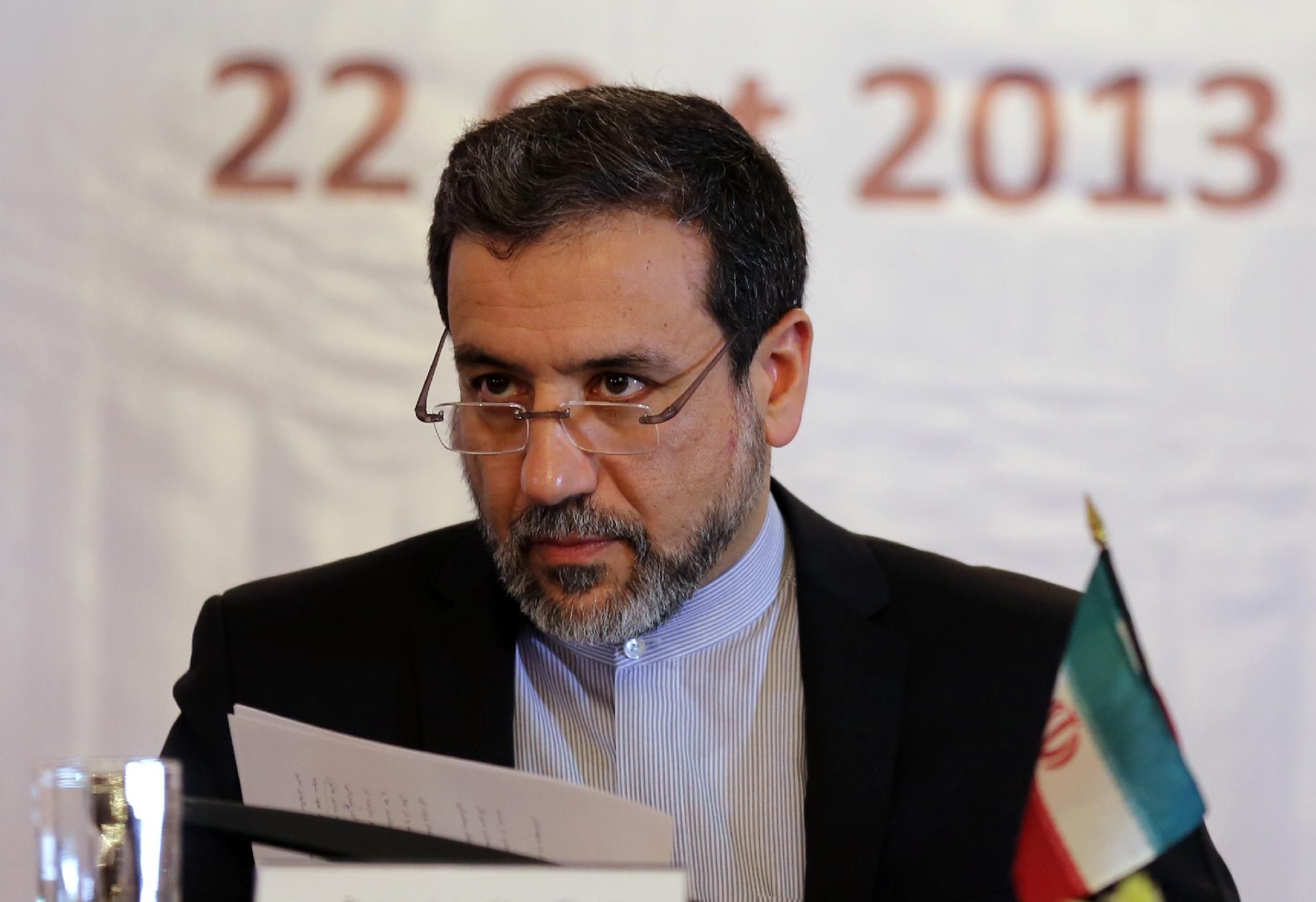Araqchi: Ceasefire Could Facilitate Talks

EghtesadOnline: A senior diplomat said the plan of French President Emmanuel Macron and Iranian President Hassan Rouhani is to have a ceasefire to be able to conduct “real, extensive negotiations and find a long-term solution”.
In an interview with The Independent at the Iranian mission to the UN in New York, Iranian Deputy Foreign Minister Abbas Araqchi added that “this is the path and the roadmap that we believe will work”.
“Otherwise without a ceasefire and under pressure, no country will negotiate and neither will we,” he said.
The cornerstone of the Macron plan is to open a $15 billion line of credit for Iran as a way to let it pre-sell its oil for the next few months, in exchange for Tehran’s full compliance with the terms of the nuclear deal, according to Financial Tribune.
Araqchi, who was one of the top negotiators of the Iran nuclear deal, said, “If we get to sell our oil, we will return to full compliance of the deal,” signaling that the $15 billion line of credit could constitute an acceptable “ceasefire” by Iran.
The French president started mediation efforts between Iran and the US, in the hope of reducing tensions and convincing Iran to stay in the nuclear deal.
Rouhani is set to meet Macron for an hour-long meeting soon after he arrives in New York and their two foreign ministers also held a meeting on the sidelines of the United Nations General Assembly on Sunday.
Iran on ‘Maximum Resistance’ Mode
However, the deputy foreign minister clarified that “a meeting with [US President Donald] Trump is a different issue”.
“Maximum pressure” against Tehran has made bilateral talks between the two countries’ presidents attending the UNGA meeting this week highly unlikely
Araqchi noted that “maximum pressure” from the US has produced “maximum resistance” from Iran, clarifying that Tehran will continue to resist.
He further said that “to get real negotiations started, this economic war has to end,” in reference to US sanctions that have strained Iran’s economy and dramatically reduced its oil sales.
“And to end this economic war, we first need a ceasefire in order to do real negotiations and find sustainable solutions,” Araqchi said, stressing that no country will negotiate under pressure.
Iran, nevertheless, seems to be preparing for a potential second term of Trump presidency.
Asked whether Tehran is ready to stay in this resistance mode for the next two to six years, considering Trump may very well win reelection, Araqchi said, “We will continue ultimate resistance in the face of maximum pressure. If they put maximum pressure aside, the path to negotiation will open.”
This year’s UNGA meeting comes amid fraught relations in the Persian Gulf following a Sept. 14 attack on Saudi oilfields, which the kingdom and its allies in the West blamed on Iran.
Iranian-backed Houthi fighters claimed responsibility for the attack and Tehran has denied any involvement.
But the US has claimed it has evidence that the strikes were launched from inside Iran and will be deploying troops to Saudi Arabia in response.
Military Resistance
Asked what Tehran would do if the maximum pressure from Washington turns into military pressure, Araqchi said, “Then we will resist militarily.”
Tehran has passed on messages to the White House that they are not interested in starting a war but if they are attacked, the response will not be limited.
Messages are sent through Swiss diplomats, who have been intermediaries between Tehran and Washington since the two broke ties after the 1979 Islamic Revolution.
Trump has long pursued a meeting with Iranian leaders in the same style as his famous meetings with the North Korean leader, leading to speculation over whether the UNGA meeting would have provided a forum for the two leaders to meet.
Tehran has rejected participating in a bilateral meeting without any “substance”.
The political cost of such a meeting, without any concessions from Washington, would be too high for President Rouhani.
Araqchi suggested, however, that Rouhani would be willing to meet with Trump in a multilateral setting if the US returned to the Joint Comprehensive Plan of Action on Tehran’s nuclear program.
“If Trump returns to the JCPOA, we will again negotiate with the United States in the format of a P5+1 meeting,” he said.
Tensions have been high since Trump pulled out of the Iran nuclear deal last year and gradually reimposed sanctions on major Iranian industries, including oil and petrochemical exports that constitute the economic lifeline of the oil-rich state.
Iran has stayed in the deal with the other signatories, but has started to gradually reduce compliance in the past few months.


